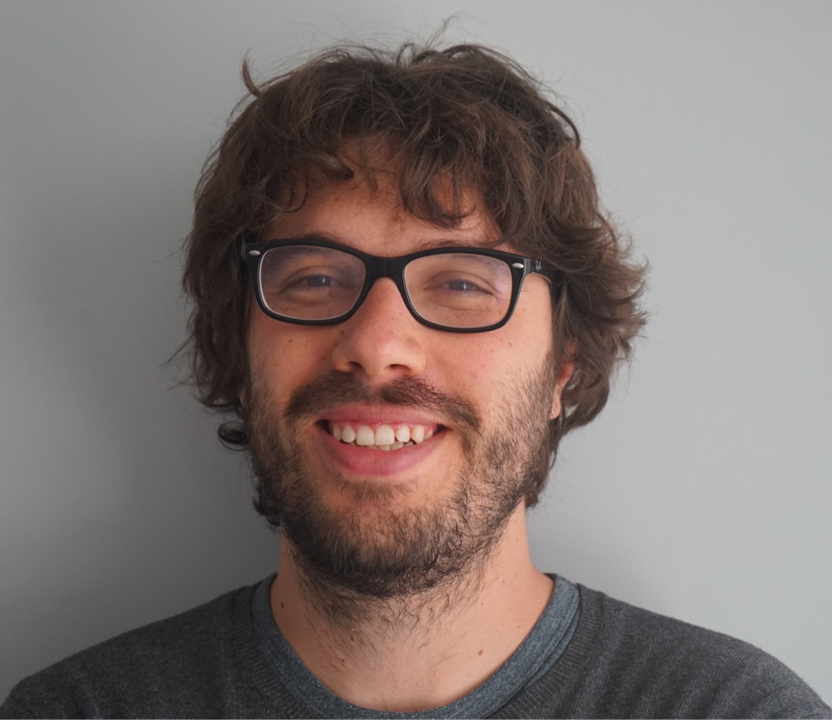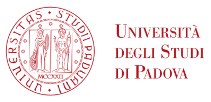
Lorenzo Pini is a researcher (RTD-A) at the Department of Neuroscience of the University of Padova.
He graduated in Psychology from the University of Padova in 2013. (cum laude) From 2014 to 2019, he worked as a study coordinator in a registered clinical trial focused on analyzing the cognitive and clinical effects of non-invasive stimulation of specific brain circuits in patients with Alzheimer’s disease and frontotemporal dementia at IRCCS Fatebenefratelli in Brescia. In 2018, he collaborated with the Department of Complex Trait Genetics at VU University in Amsterdam, the Netherlands, for advanced studies in brain connectomics. In 2019 he received his PhD in Biomedical Sciences and Translational Medicine from the University of Brescia, faculty of Medicine.
After his PhD, he initiated a post-doctoral collaboration at the University of Padova, where he was involved in studying brain connectivity in patients with cognitive/motor disorders and homotopic connectivity. In 2020, he collaborated with the University Hospital of Geneva, Switzerland, on a study of dynamic connectivity in Alzheimer’s patients. Since 2020, he has been collaborating with the Padova Neuroscience Center, participating in different multicentric projects aimed at investigating brain connectivity and the response to brain stimulation of these circuits. He also maintains collaborations with researchers from the University of Verona and Brescia, Karolinska Institutet in Stockholm, and CHUV in Lausanne.
His research activities encompass the following areas: i) Investigation of connectivity in neurological disorders using neuroimaging techniques; ii) Prediction of behavioral deficits in neurological patients; iii) Non-invasive stimulation of brain connectivity. To date, he has published more than 40 research papers in international peer-reviewed journals, of which more than half as the leading author. Lastly, he is a co-owner of a patent for a method based on diffusion techniques for predicting survival in patients with glioblastoma.

